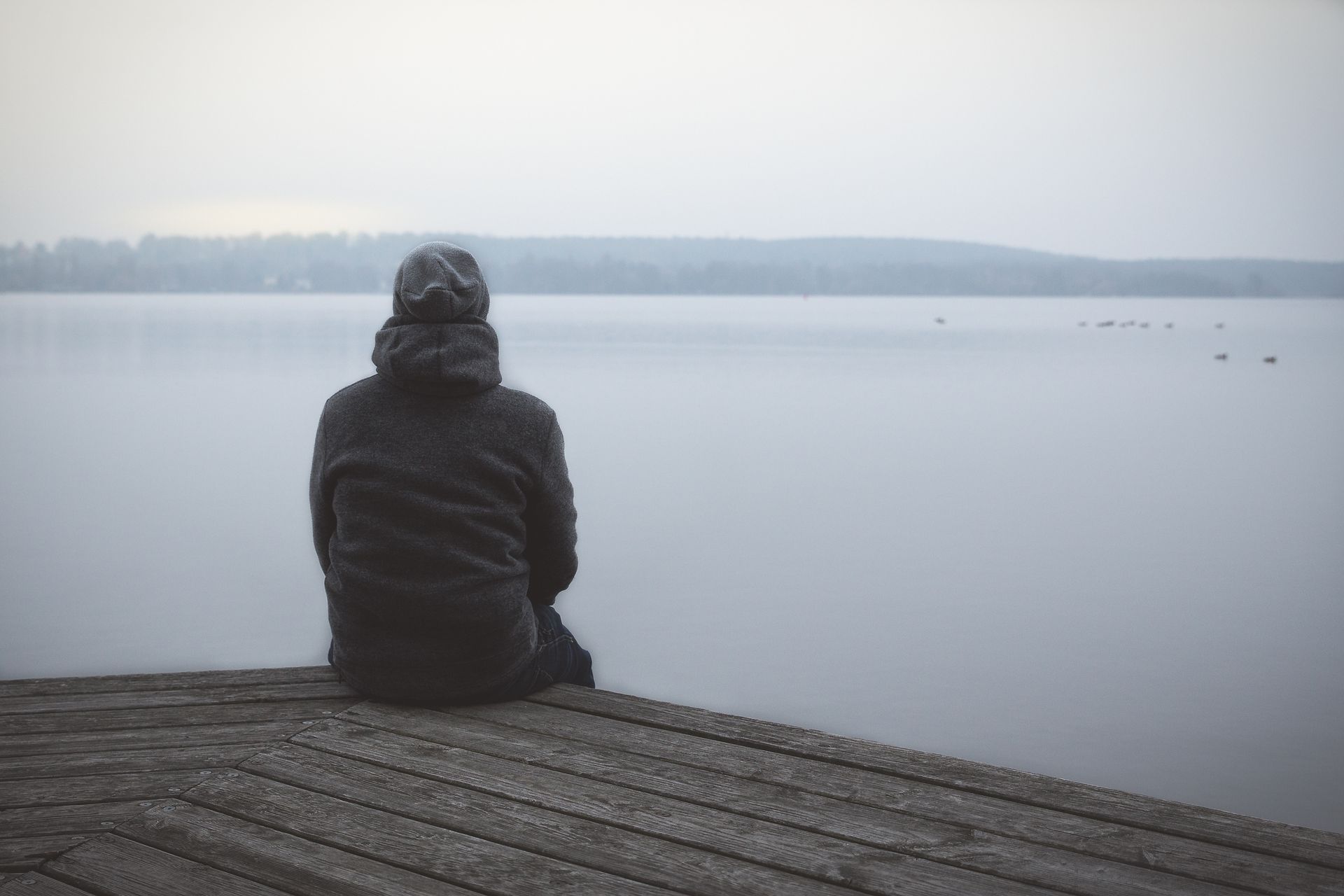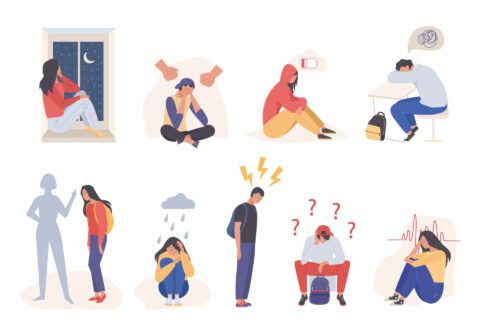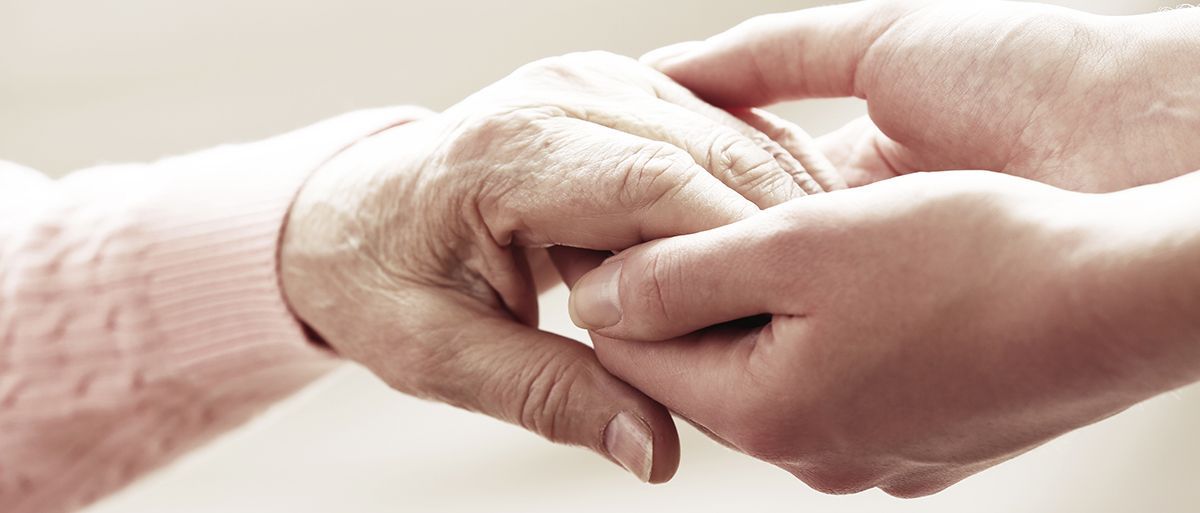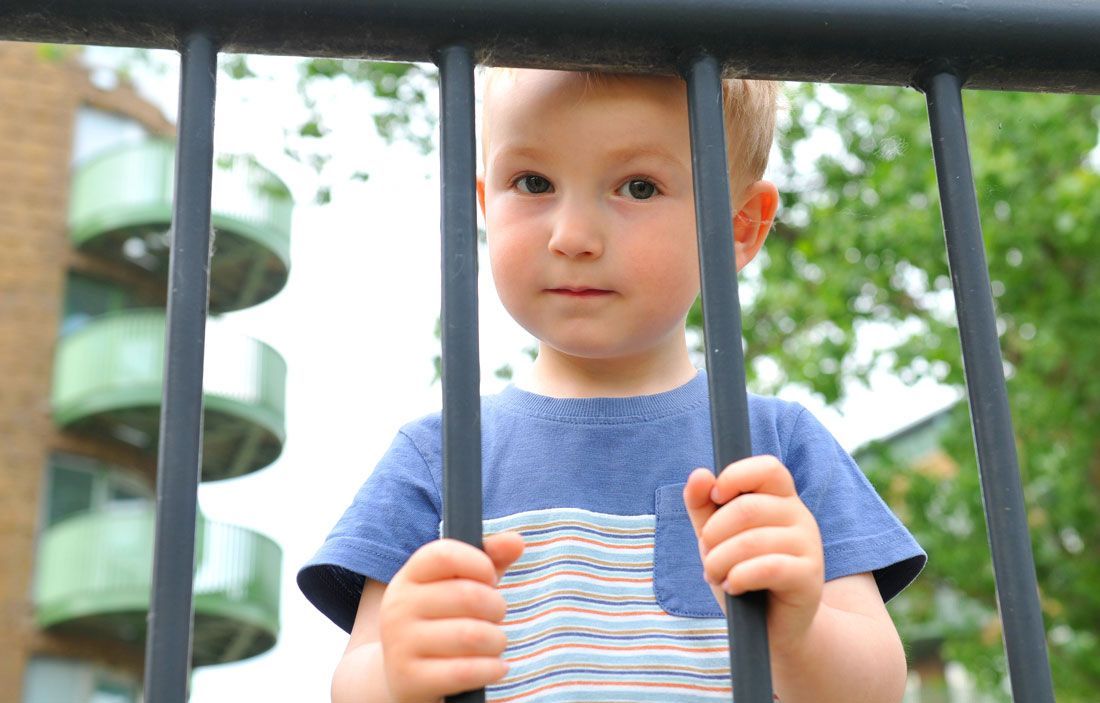Grief Resources for Children
I am often asked for resources for young children who have lost someone close to them. Stories are often a good way to open up dialogue with children and illustrate death in a more concrete fashion. I compiled some of my favorites for easy reference:
Books for young children (4 and under) :
When Dinosaurs Die (Laurie Krasny Brown and Marc Brown)
We Were Going to Have a Baby but We Had an Angel Instead (Pat Schwiebert)
Sad Isn’t Bad (Michaelene Mundy)
Someone I Loved Died (Christine Harder Tangvald)
What Does Dead Mean? (Caroline Jay and Jenni Thomas)
Books for older children (4-10) :
Always Remember (Cece Meng)
Everett Anderson’s Goodbye (Lucille Clifton)
The Saddest Time (Norma Simon)
Samantha Jane’s Missing Smile: A story about coping with the loss of a parent (Julie Kaplow)
I Wish I Could Hold Your Hand: A child’s guide to grief and loss (Dr. Pat Palmer)
Water Bugs and Dragonflies: Explaining death to young children (Doris Stickney)
The Empty Place: A child’s guide to grief (Let’s Talk) (Roberta Temes Ph.D.)
It’s also good to remember, that for young children, death isn’t inherently sad like it is for adults. They aren’t able to understand the abstract emotions and situations that adults can. Death is very simple and matter-of-fact for children, and sometimes that can be upsetting for adults when the child talks about it in that manner. Remember that it is developmentally appropriate for children to talk about death in concrete and simple terms (like telling strangers at the grocery store, “My baby brother died and that makes mom sad.”)
Usually if children are sad about death, it is because they are copying their parents or the other adults around them. They realize others are sad and so they want to be sad, too. Sometimes children will get angry because they see that their parents are less available to them while the parents are grieving. You shouldn’t hide your feelings, though. It’s good for children to see how you deal with difficult situations. It’s a good time to model appropriate emotions for your children.
Also, children learn by repetition. They may ask you over and over again what happened; they may want to talk about the death a lot. This can be upsetting for an adult, but it is the child confirming and trying to process this new information. The best thing to do is to answer them in language that makes sense to them. Asking them questions about what they think happened also helps them process the event.
Everyone is different in how they will process their grief, and children are no exception. Be patient with yourself and them while you are figuring out a new normal. And don’t hesitate to talk to a therapist or other professionals to help you in the process.
Amanda is a Clinical Mental Health Counselor, specializing in individual and family therapy for people of varying backgrounds. She works for Memorial Estates, running their Grief & Loss Counseling program.
She has extensive experience working with adolescents and families in the community. Amanda received her Master’s Degree in Educational Psychology from the University of Utah. There she focused on Multicultural and Client Centered Counseling.
Amanda started her career working for Salt Lake County Youth Services, serving families from all backgrounds and with a wide variety of issues. She further developed her passion for helping people recover and heal from trauma and loss.
In counseling, Amanda values the trust and safety of the therapeutic relationship. She creates a counseling environment full of compassion, safety, empathy, and understanding. She constantly strives to help to cultivate strong relationships and assist families to cope with the loss of a loved one. Through her open attitude, and the warm environment that she facilitates, families can begin to feel peace as they work through their bereavement.
Memorial Utah, with the help of Amanda Nelsen, is committed to helping you through the loss of your loved one. You may contact Amanda at (801) 718-1520 or amanda.nelsen@securitynational.com
The post Grief Resources for Children appeared first on Memorial Mortuaries.













